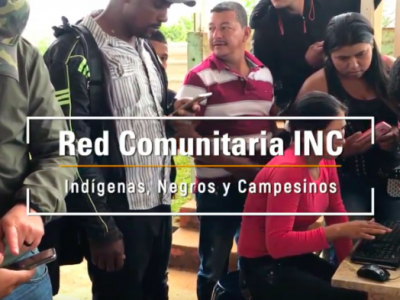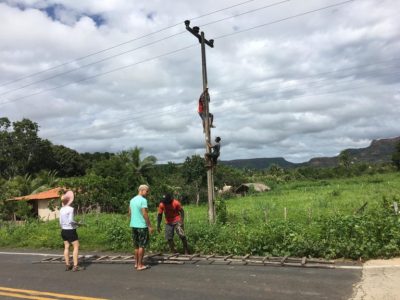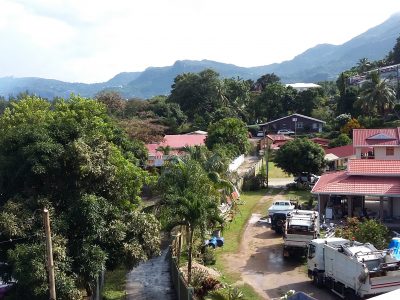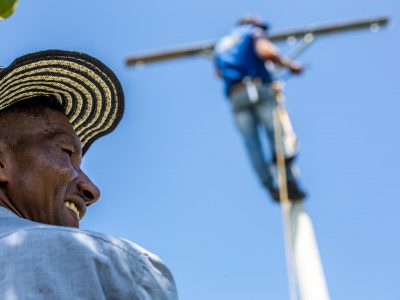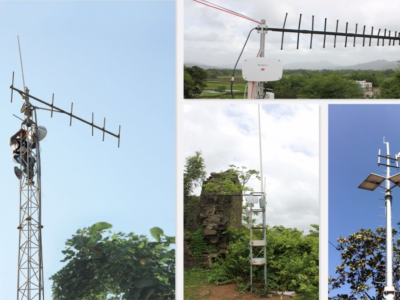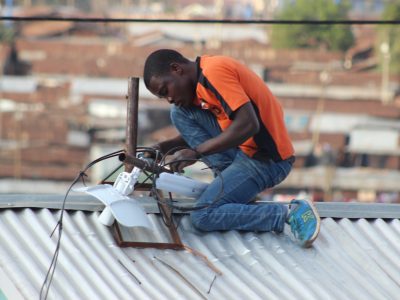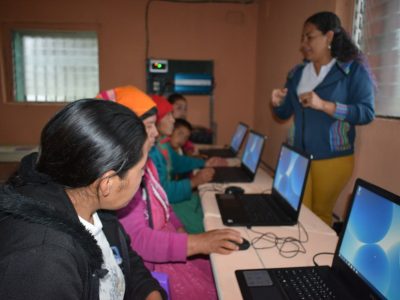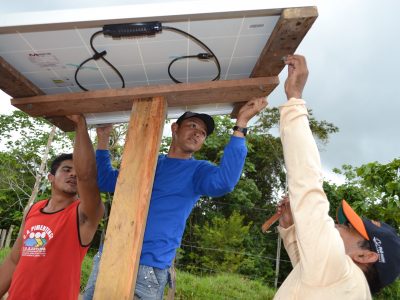Latest posts by Association for Progressive Communications
“We can't just sit back and wait…”
A gender perspective was strongly emphasised in the creation of the community networks, with women from the communities actively involved from the very beginning.
Community networks and local access monthly newsletter – number 16
The March 2019 newsletter is part of the project titled, “Local Access Networks: Can the unconnected connect themselves?” developed by APC in partnership with Internet Society and Rhizomática.
How the cooperative model might serve an organisational model for community networks in Costa Rica and beyond
The community-run electric cooperative model used to develop community-run electricity services in Costa Rica is a possible business model for community networks in Latin America.
Where community networks may not go: E-commerce claims to bridge the rural-urban gap in China
China’s governance model forbids significant options for community networks outside the purview of the state. Thus state telecoms operators and state-supported e‑commerce companies have co-opted (or fenced off) niches that might otherwise be filled by community networks.
Why are there no community networks in the Seychelles?
Could community networks be helpful for the 40% or so of the population of the Seychelles with no ready access to the internet and the wealth of information available there?
Building resilience with community technology across the United States
Some community networks in the US have achieved a sustainable operating scale and model, and have provided a critical long-time service for their communities.
Recognizing the challenges in the use of spectrum for rural community networks in Colombia
For Colombia it is particularly relevant to have access to community networks since they can contribute to the implementation of the Peace Agreement and to the social and human development in regions traditionally neglected by governments.
Connecting the villages of the Suusamyr Valley in Kyrgyzstan
The Internet Society (ISOC) Kyrgyzstan Chapter is setting up a community network in the village of Suusamyr in Chui, the northernmost region in Kyrgyzstan.
TS Wireless: The rise and stumble of a community network for electronic music makers in Melbourne
Back in 2002, TS Wireless in Melbourne, Australia streamed royalty-free music produced by local artists 24 hours a day to anyone within a three-kilometre radius, but it wasn't without its challenges.
Exploring models of sustainability for rural connectivity in Indian villages
The Gram Marg rural broadband project aims to connect rural villages focusing on local ownership so that local and regional needs will be prioritised.
Connecting the unconnected in Kenya’s urban slums
The TunapandaNET community network was started in Kibera to provide connectivity to youth to access different learning platforms.
The Azacualpa community network in Honduras: Empowering the Lenca people through technology
The rural Lenca community of Azacualpa in Honduras has set up a community network to provide new opportunities for access to information and to help revitalize their native language.
Creating autonomous community networks in the Brazilian Amazon
To understand how high-frequency radio community networks were developed in the Brazilian Amazon, it is important to reflect on the geographic characteristics and historical and socioeconomic background of Brazilian Extractive Reserves.

